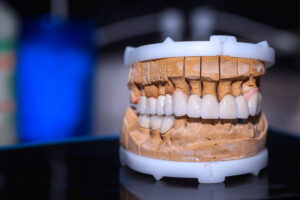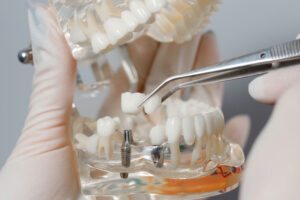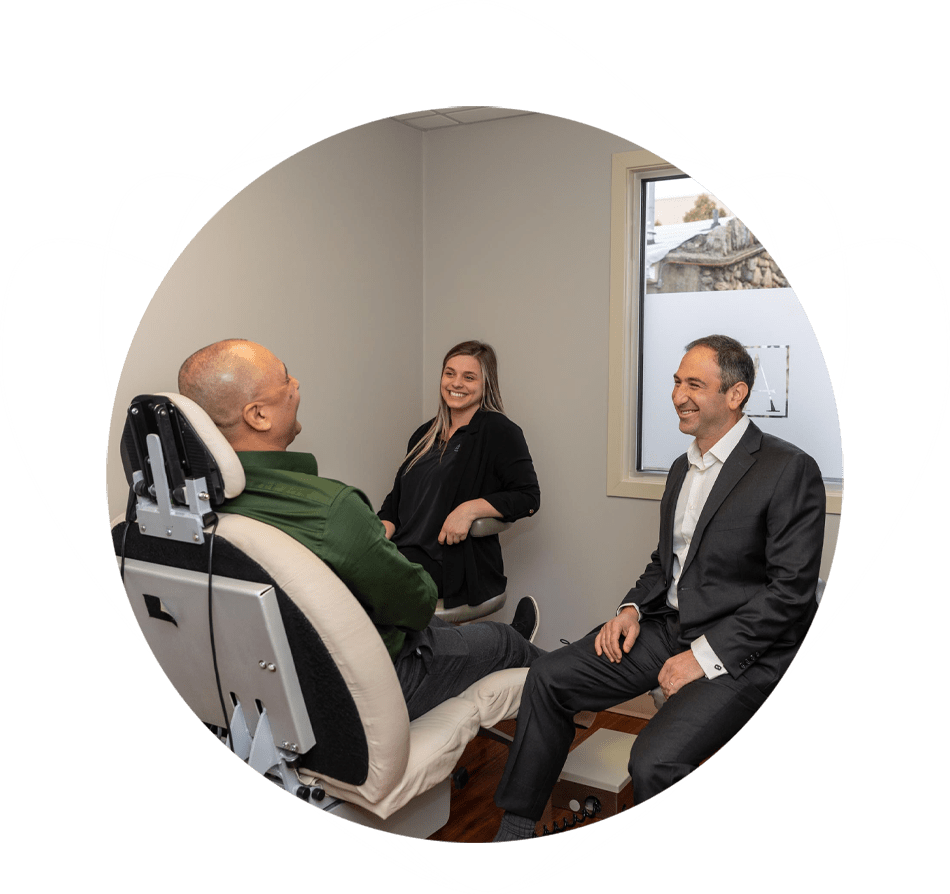Temporomandibular joint disorder, commonly known as TMJ, affects an estimated 10 million Americans with a wide range of symptoms including neck and shoulder pain,jaw pain, an uneven bite, tinnitus, and even migraines. Anyone who has dealt with migraines before knows that sometimes pain medication simply does not work.
Recently, there have been new medications developed by four separate drug companies which are designed to target the calcitonin gene-related peptide (CGRP) which is responsible for stimulating pain receptors tied to both migraines and TMJ in the trigeminal nerve.
It is easy to get excited about a new drug that claims to have a high success rate, but how well do these injectible drugs really work?
LY2951742
This Phase 2 study is a double blind, randomized, and placebo controlled with 107 patients taking the new drug and 110 on the placebo. The patients all had a history of 4-14 headache days per month prior to the trial.
Overall the patients responded very well to the drug with patients experiencing on average 4.2 fewer headache days while patients on the placebo only experienced 3 fewer headache days. Amazingly, some 33% of patients found their migraines completely gone after the tests were finished.
However, there are some downsides to LY2951742. Some of the side effects of the drug include abdominal pain, injection site pain, and upper respiratory infections.
ALD403
ALD403, developed by Alder Biopharmaceuticals, also was tested through a double blind, randomized, and placebo controlled study. Out of the 116 patients that were on a placebo for the study, roughly 23% saw their headache days fall by 75% each month. Nearly 39% of the 232 on the two highest dosages of ALD403 saw their headache days drop by 75%.
AMG334
While ALD403 and LY2951742 initially dropped headache days by larger numbers compared to Amgen’s alternative drug, AMG334 proved to be a slow burner. 62% of the AMG334 patients had a larger than 50% reduction in migraine days at one year, with 38% of those patients seeing a 75% reduction in headache days and 20% claiming to be free of migraines entirely.
TEV-48125
Teva Pharmaceuticals tested both a lower and higher dose of TEV-48125 and compared these to a placebo. In the lower dosage group, patients had 2.5 day reduction in headache days and in the higher dosage group patients had a 2.8 day reduction in headache days.
There Are More Immediate Options
While early testing indicates that these drugs are effective at treating migraines, they are not coming out anytime soon. Depending on the source of your migraines, there are things that you can do at home to help remedy some of the pain and discomfort.
If your migraines are related to TMJ, you may want to consider visiting a dentist to see if TMJ treatment can help you. The good news is that TMJ can often be treated without the need of surgery. If you live in Westchester County and are looking for a great TMJ dentist, consider visiting with Dr. Sepiashvili and Dr. Mejia at Advanced Dentistry of Mohegan Lake. Give us a call at (914) 526-2144 to schedule an appointment today.
